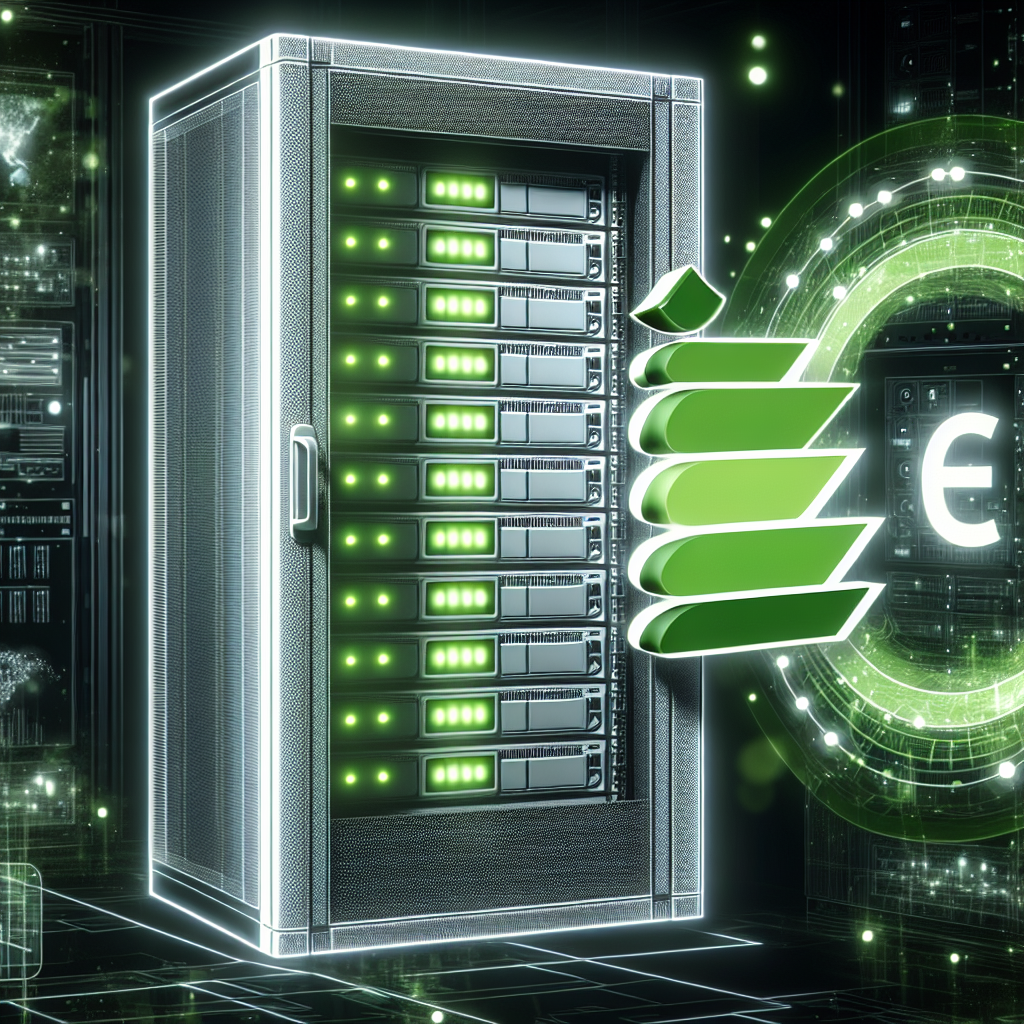Your cart is currently empty!
Navigating Energy Efficiency Regulations and Standards in Data Centers

Data centers are vital components of modern business operations, serving as the hub for storing, processing, and managing vast amounts of information. With the increasing demand for data processing and storage, data centers are consuming more energy than ever before. In fact, according to a report by the U.S. Department of Energy, data centers in the United States alone consume about 2% of the country’s total electricity.
In response to the growing energy consumption of data centers, governments and regulatory bodies around the world have implemented various regulations and standards to promote energy efficiency in these facilities. Navigating these regulations and standards can be a daunting task for data center operators, but it is essential for ensuring compliance and reducing energy costs.
One of the key regulations that data center operators need to be aware of is the Energy Star program, which is managed by the U.S. Environmental Protection Agency. The Energy Star program sets energy efficiency standards for various electronic devices and equipment, including servers, storage devices, and networking equipment used in data centers. Data center operators can earn Energy Star certification by using energy-efficient equipment and implementing energy-saving practices.
In addition to the Energy Star program, data center operators also need to comply with regulations such as the European Union’s Code of Conduct for Data Centres and the U.S. Department of Energy’s Data Center Energy Efficiency Program. These regulations set guidelines for energy efficiency best practices, such as optimizing cooling systems, using energy-efficient lighting, and implementing virtualization technologies to reduce the number of physical servers needed.
Data center operators should also be aware of industry standards such as the Telecommunications Industry Association’s TIA-942 standard and the Uptime Institute’s Tier Classification System. These standards provide guidelines for designing and operating energy-efficient data centers, including recommendations for power distribution, cooling systems, and equipment redundancy.
In order to navigate the complex landscape of energy efficiency regulations and standards in data centers, operators should consider working with energy consultants or third-party certification organizations. These experts can help data center operators assess their current energy usage, identify areas for improvement, and develop a roadmap for achieving compliance with energy efficiency regulations and standards.
By investing in energy efficiency measures and complying with regulations and standards, data center operators can not only reduce their energy costs but also demonstrate their commitment to sustainability and environmental stewardship. In today’s competitive business environment, energy-efficient data centers are not only good for the planet, but also good for the bottom line.

Leave a Reply